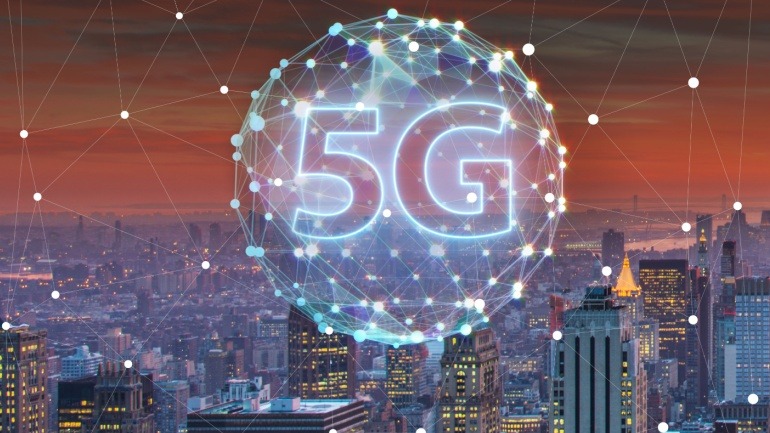The GTI’s global recruitment drive for its Intelligent RAN, Ubiquitous AI Project seeks to explore the potential of integrating AI with 5G-Advanced networks. By creating open research labs globally, it aims to pioneer innovative applications, enhancing network performance and unlocking new opportunities.
Fujitsu’s digital twin solution, Policy Twin, revolutionizes healthcare policymaking with AI-driven simulations. By converting successful municipal policies into digital simulations, Policy Twin identifies effective measures, facilitating standardized healthcare policies.
Equinix has teamed up with the National University of Singapore to launch a groundbreaking Co-Innovation Facility aimed at enhancing sustainable technologies for data centers. By focusing on energy efficiency, this initiative represents Equinix’s Data Centre of the Future Initiative, central to their ongoing sustainability goals.
PMT Security’s new division provides comprehensive security solutions for Australian data centers, aligning with the growing demands of SaaS, cloud, and AI. Based in Melbourne, the division delivers advanced security technologies, including CCTV and automation, ensuring robust asset protection.
MTN’s strategic partnership with China Telecom and Huawei leverages advanced technologies like 5G, IoT, and AI to enhance South Africa’s digital landscape. By prioritizing transformative services, this collaboration ensures improved connectivity and infrastructure.
Cisco’s partnership with Transatel revolutionizes secure 4G and 5G connectivity using eSIM technology. This seamless integration offers enterprises faster, scalable, and secure mobile branches with on-demand SD-WAN and edge computing for IoT.
Aramco Digital is eyeing a $1 billion minority stake in Mavenir, potentially valuing the telecom tech firm at $3 billion. Struggling with debt, Mavenir seeks urgent funding amid slow Open RAN adoption.
BSNL’s 5G tender mandates local equipment, sparking dissatisfaction among giants like Ericsson and Nokia. This local focus aligns with BSNL’s 5G Standalone expansion strategy in New Delhi.
The recent 3.8 GHz midband spectrum allocation by the ACMA is a game-changer for 5G services, offering prime capacity, speed, and coverage. This spectrum surge is pivotal for private network deployment in Australia, enhancing enterprise-level solutions.
Nokia and Microsoft have extended their partnership by five years. This collaboration focuses on equipping Azure data centers with advanced routers and switches to enhance connectivity and optimize cloud infrastructure.













